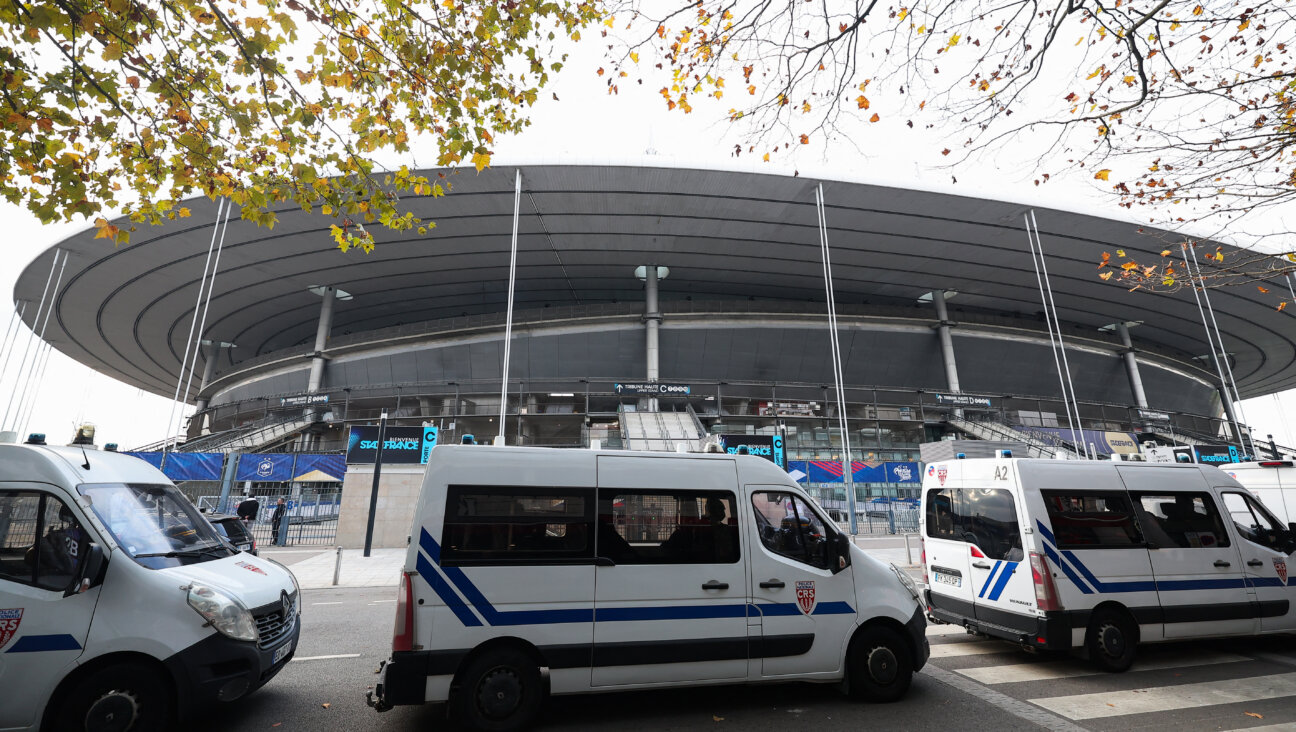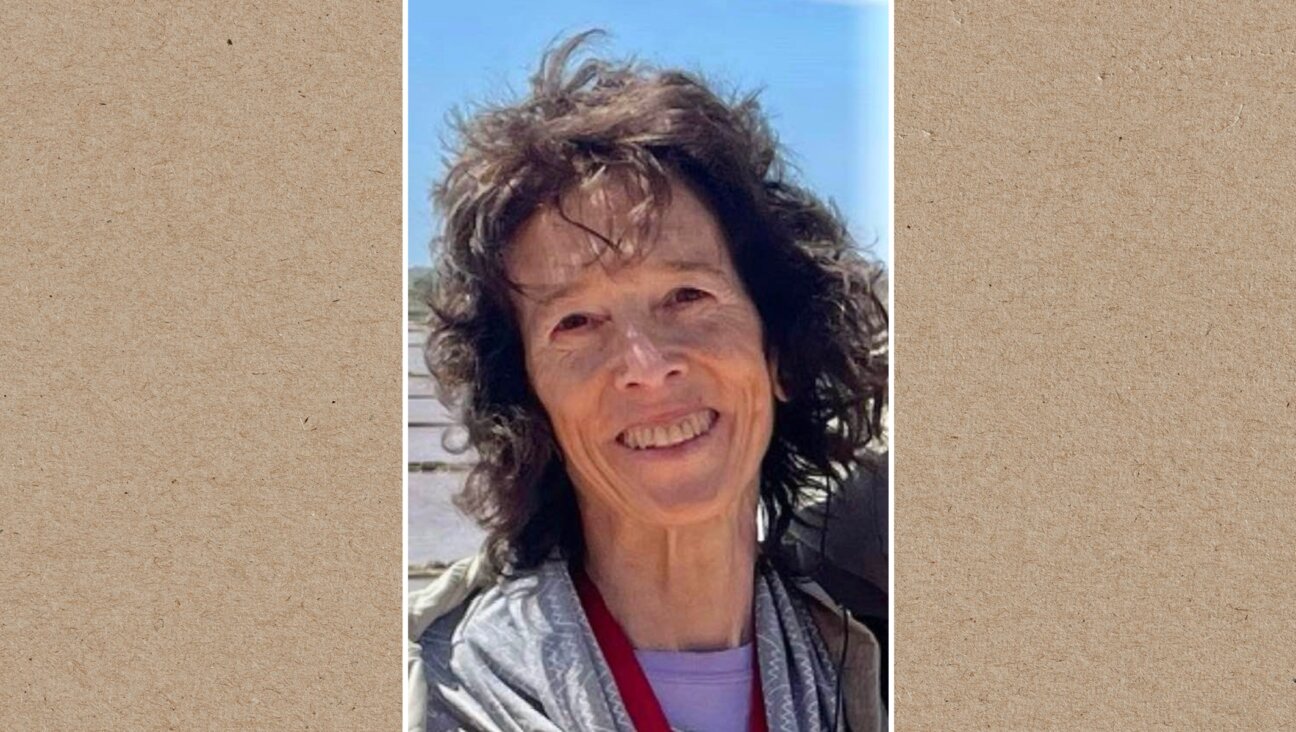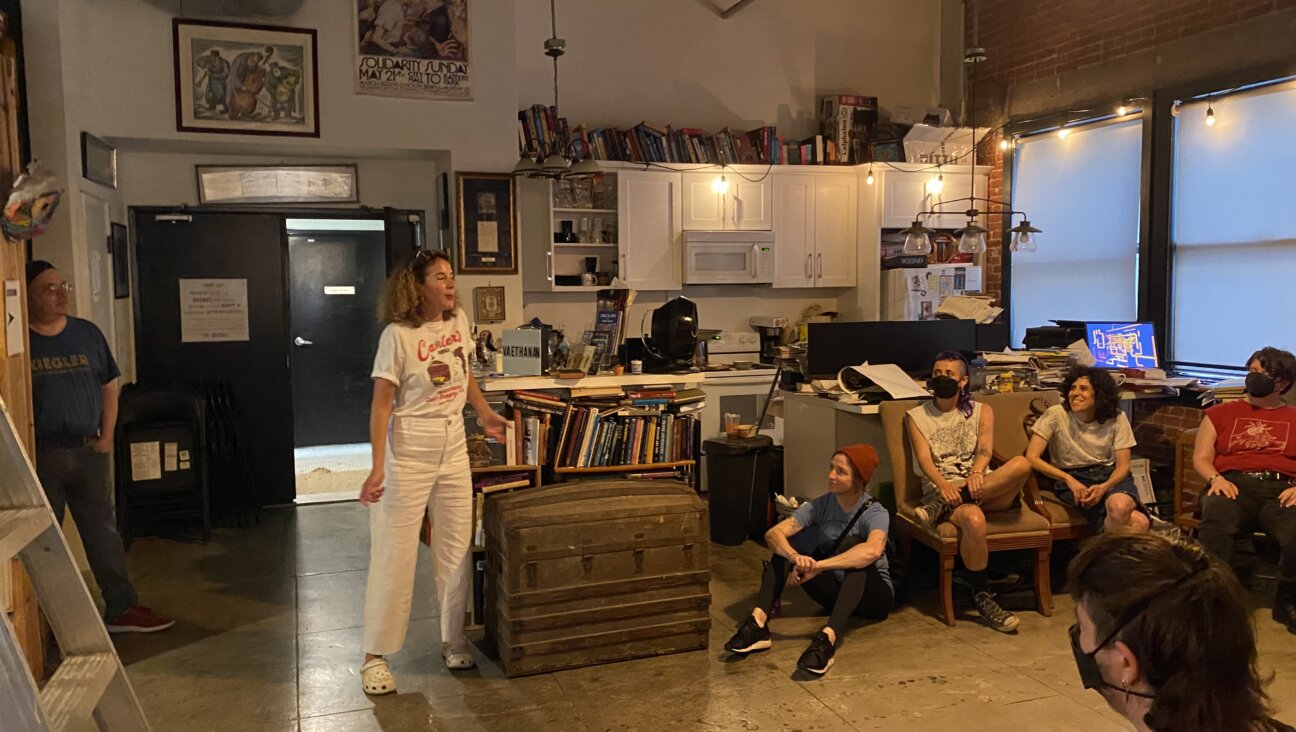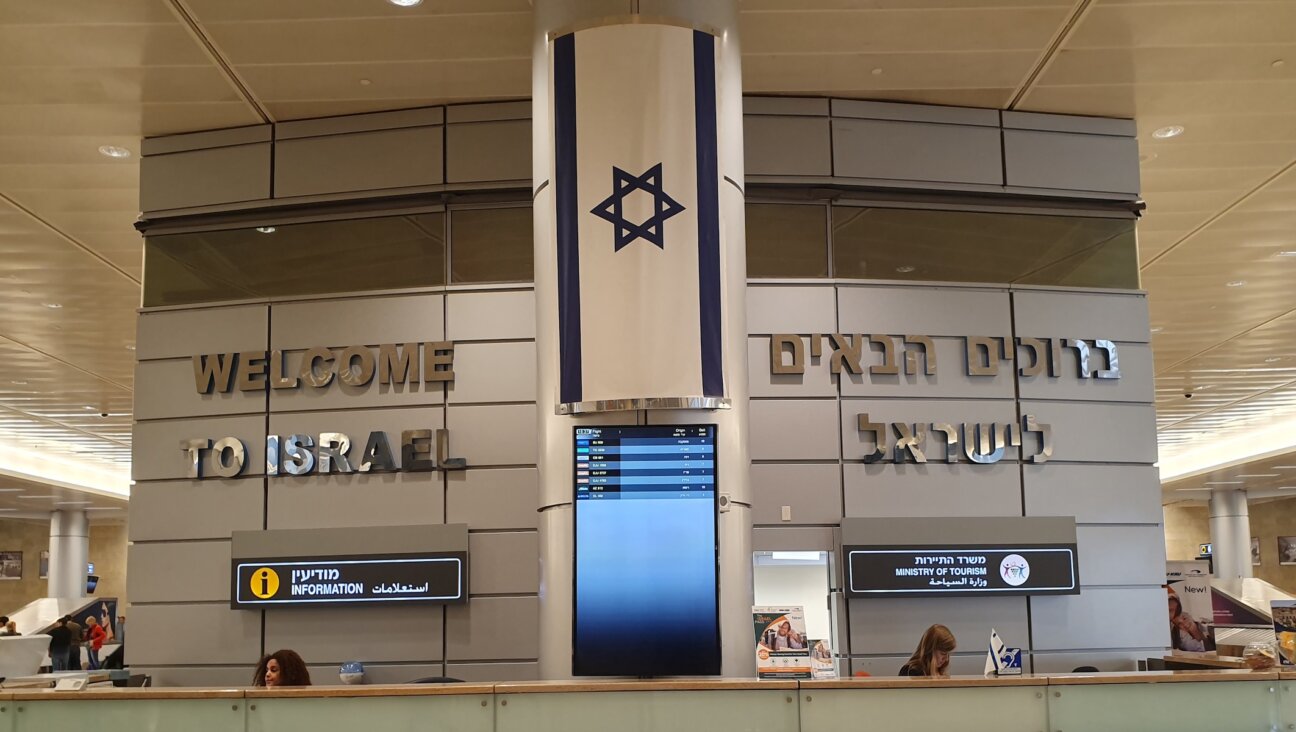Two-state Dissolution
Once upon a not so long-ago time, Israel’s Herut Party, which eventually mutated into today’s Likud, had as its theme song “Shtei Gadot Layarden” — “There are two sides to the Jordan [river], this one is ours and that one, too.” In short, all the land between the Mediterranean and the Jordan as the one side, and the Kingdom of Jordan as the other.
That was, in its essence, the most radical proposal for a one-state solution to the “Where, exactly, is the Land of Israel?” question. That solution was later shrink-wrapped by those who proposed — Ariel Sharon now and then among them — that King Hussein’s Jordan was the logical site for a Palestinian state, that Israel would retain all the West Bank and Gaza, and that the Palestinians would pick up and move to Jordan, a majority of whose population is already, in any case, Palestinian. That was, in a manner of speaking, a proposal for a two-state solution.
But since 1993, at least, all references to a two-state solution have meant a Jewish state in roughly its pre-1967 configuration, plus three major settlement blocs and large sections of Jerusalem. With more or less enthusiasm, that is the two-state solution now endorsed by a majority of Israelis as also, and unambiguously, by the international community. It is the solution that Sharon formally endorses, although there is reason to doubt his readiness to cede the Jordan River valley and to permit a Palestinian state with territorial contiguity. It is the solution that Palestinian leader Mahmoud Abbas endorses, although there is reason to doubt his capacity to persuade Hamas and others to accept what Yasser Arafat at Camp David so disappointingly rejected.
A two-state solution has become the only game in town; sooner or, more likely, later, it will happen — if Israel, which is rapidly descending into a very different two-state formation, does not implode first.
The current last-gasp battle between the settlement movement on the one side and the army, the government and a majority of the rest of Israel on the other threatens to fracture beyond repair Israel’s still fragile democracy.
In order to understand the depths of the developing divide, one needs to attend the words of the settlement folk. Forget the hooligans and the crazies, those rabbis who pronounce a death curse on Prime Minister Sharon and those settlers who plan to wear concentration camp clothing on the day of disengagement.
I am thinking here of the more thoughtful of the settlement people. I am thinking, for example, of Israel Harel, who is one of the founders of Gush Emunim, the original settlers’ movement. Harel is also a former chairman of the Council of Settlers in Judea, Samaria and Gaza, and former editor of Nekuda (Point), the monthly journal of the religious Zionist settler movement. Many of us see the disengagement as a bold step toward an eventual peace; but Harel sees a dark conspiracy.
Writing in the Israeli daily Ha’aretz last week, Harel claims that the disengagement “is a concerted effort by various bodies — including governmental ones — to break the neck of the settler-faithful wing of religious Zionism by uprooting its prime enterprise, the settlements in Judea, Samaria and Gaza; the enterprise that from the start was supposed to connect it to — and certainly not to sever it from — secular Zionism.” As Harel sees it, it was its settlement movement that enabled the religious Zionist camp to assert its authenticity as partner in the Zionist saga, worthy heir to the pioneering tradition.
Harel goes on: “And in quite a few circles where people sat and turned this matter over during the three long, hot and humid days of waiting at Kfar Maimon, a sort of recognition-agreement came into being, that the corrective to the situation in which all have conspired against religious Zionism and its enterprises is ‘to re-establish the state of the Jews.’ No less.”
Which is to say that the current State of Israel is not the state of the Jews, is not a Jewish state. Which is to say that there is neither Zionist authenticity, nor political legitimacy to the agencies of government, not to the free spirits of Tel Aviv, nor to the residue of the kibbutz movement, not to the hewers of wood and carriers of water, nor to the shopkeepers of Haifa and Afula, nor to the scholars at the Hebrew University and at Tel Hai Academic College. None of them.
And, given the disgraceful behavior of some (by no means all) Orthodox rabbis and some (by no means all) settlers, given the inflamed rhetoric the debate over the disengagement has occasioned, the idea that the other side is simply alien to the Jewish/Zionist enterprise is fully reciprocated by secular Israel.
It is exceedingly difficult to imagine this desolate divide being bridged. It would be difficult in the best of circumstances — but the circumstances that await the day after the disengagement are very far from “the best.” By now, most of the settlers and their allies know that they have lost the battle over Gaza.
They fight on not only because they are certain of their rectitude but also because they know that tomorrow’s war is over the West Bank, and that will be a war incalculably more consequential — and painful — than the one we now witness. Think of Gaza as a run-up to the main event, and ask yourself whether the nation can safely endure Gaza times 10, times 50, can manage a protracted battle between the sons of light and the sons of darkness (no matter to which side you assign which appellation).
This is the two-state “solution” that now threatens. It is real, it is imminent, it is unbearably sad and potentially much worse than merely sad. It is potentially tragic.
A message from our CEO & publisher Rachel Fishman Feddersen

I hope you appreciated this article. Before you go, I’d like to ask you to please support the Forward’s award-winning, nonprofit journalism during this critical time.
At a time when other newsrooms are closing or cutting back, the Forward has removed its paywall and invested additional resources to report on the ground from Israel and around the U.S. on the impact of the war, rising antisemitism and polarized discourse.
Readers like you make it all possible. Support our work by becoming a Forward Member and connect with our journalism and your community.
— Rachel Fishman Feddersen, Publisher and CEO























